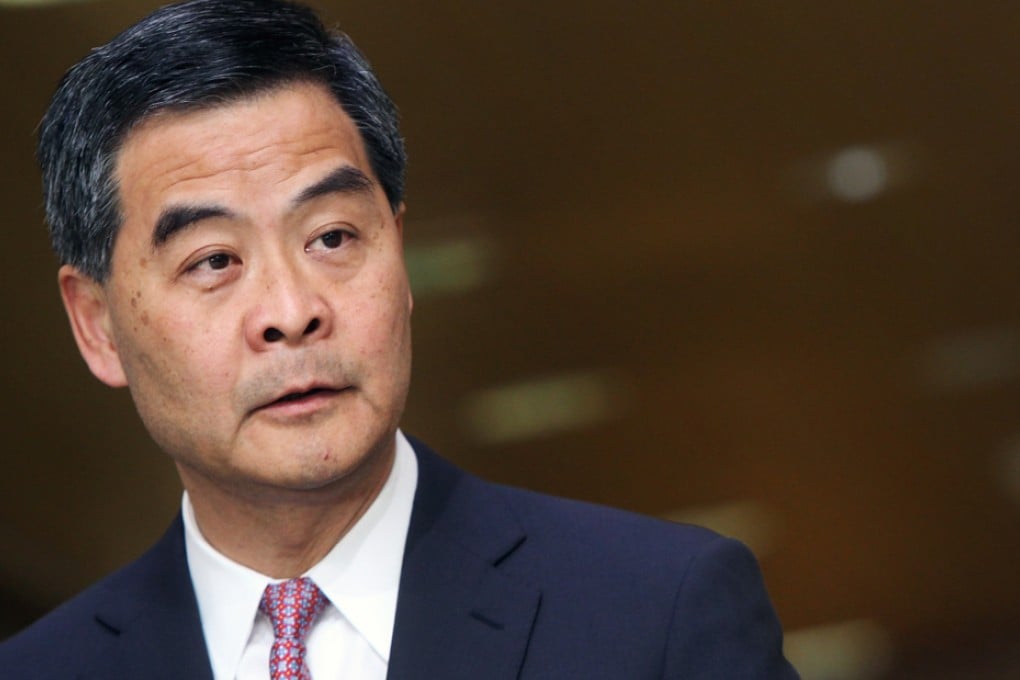Exco must engage with public
When the controversy over Hong Kong Television Network (HKTV) not being granted a free-to-air TV licence started, Chief Executive Leung Chun-ying said secrecy in Executive Council policy decisions was part of Hong Kong's system of governance under the "one country, two systems" principle.

When the controversy over Hong Kong Television Network (HKTV) not being granted a free-to-air TV licence started, Chief Executive Leung Chun-ying said secrecy in Executive Council policy decisions was part of Hong Kong's system of governance under the "one country, two systems" principle.
A motion to invoke Legco's powers to make Exco explain its decision on the awarding of only two instead of three free-to-air licences would have been a departure from this pre-1997 Exco tradition if passed.
Before Legco debated it, the media reported the names of Exco members who supported a third licence, for HKTV. If the reports were accurate, this was clearly a breach of the confidentiality rule on Exco's deliberations.
Public demonstrations supporting HKTV had reached a high pitch, to the extent that a pro-establishment political party successfully negotiated with the chief executive for the government to release a statement on the eve of the Legco debate giving a number of reasons why HKTV was not awarded a licence.
The Legco motion was defeated following strong lobbying by the administration of pro-government legislators.
After the Legco debate, one or two unofficial Exco members were reported by the media to have said the licence controversy stemmed from a huge discrepancy between Exco's decision and public expectations and there was a need to review how public opinion could be better gauged.